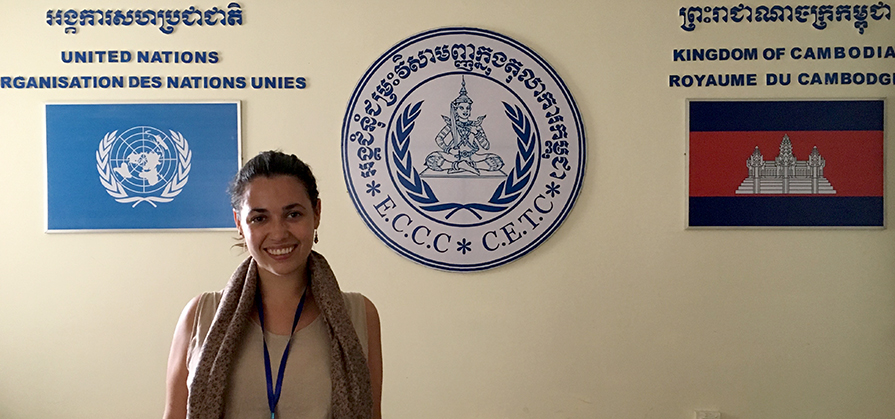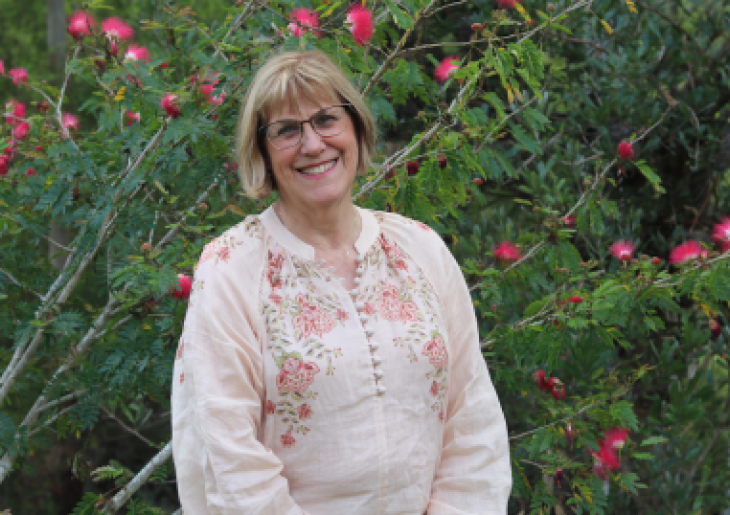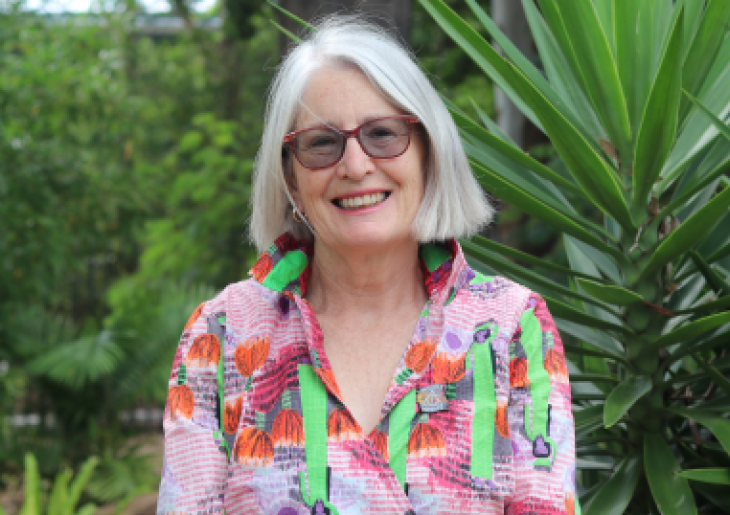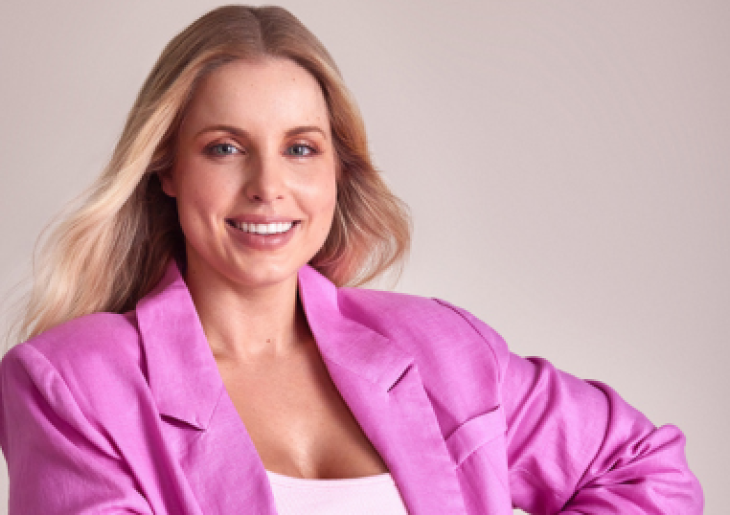Sophie Cox: alumni profile

You graduated in 2011, what have you been doing since leaving CCGS?
When I finished my exams in 2011 I really wasn't sure what I wanted to do next, so I decided to take a gap year before committing to any study.
I traveled during that year and upon my return I applied to study law, without much hope of actually getting in. I was very surprised when I was accepted into Law and Social and Political Science at UTS and began studying in 2013. I really loved studying, I found law particularly fascinating, but the idea of being a corporate lawyer wasn't really that exciting for me.
A highlight of my time at university was participating in an exchange to Tilburg in the Netherlands.
How did that exchange experience change you?
Coming from such a privileged area, this was the first exposure I really had in regards to the area of human rights law, and I immediately realised how disillusioned I was with the world and was very interested in how I could change that.
When I returned home I began volunteering at the Addison Road Community Centre in Marrickville, where I was the primary researcher for a report they were developing on food waste within Australia and the effects this was having both socially and environmentally.
I really enjoyed my volunteer work, but I also needed to earn some money and was able to secure a job as a paralegal in a great boutique commercial law firm while I was studying. During this time I gained some fantastic experience around wonderful people, however to be honest I really did have to force myself to stay in that position for a year. The work was definitely not inspiring for me and helped me realise where my passions lay.
How did you come to be an intern for Amnesty International?
Towards the end of 2017 I resigned from my paralegal position and was accepted into an internship program with Amnesty International, working as a Refugee Primary Assessment Caseworker. This was a massive change, but one of the best decisions I have made. I was able to work directly with clients who have been affected by some horrific situations and was able to provide them with some much-needed assistance. I was also able to work closely with the Government Relations Department, which involved drafting policy submissions on behalf of the organisation, regarding topics such as Australia's humanitarian intake, and citizenship policy.
You recently caught up with your former teachers Sandra Peebles and Mandy Vickers on the CCGS Humanitarian Tour to Cambodia, what were you doing in Cambodia?
Earlier this year I was accepted by the United Nations to intern at the United Nations Assistance to the Khmer Rouge Trials (UNAKRT) in Cambodia. I arrived about six weeks ago and have already learnt so much. UNAKRT has been established by the United Nations and the Cambodian Government and has the jurisdiction to hear the trials of the most senior leaders and those most responsible for crimes and serious violations of international humanitarian law and the Cambodian penal code during the time of the Khmer Rouge. This is incredibly interesting as it is a hybrid of international law and Cambodian law, which is very different from Australia's legal system.
I am currently working under the International Co-Investigating Judge, who has the task of investigating and gathering evidence to determine whether someone is a senior leader or most responsible. This has also been very interesting as it is not a body that we have in Australia.
In 2009 you participated in the CCGS Humanitarian Tour, how did this prepare you for your time in Cambodia?
When the opportunity arose to come to Cambodia on an internship I was so incredibly thankful that I had the prior knowledge and understanding of the country's history regarding the Khmer Rouge. The 2009 trip was the first time I had really left Australia and experienced another culture. We had the opportunity to visit Phnom Penh, and the S-21 Genocide Museum, and learn about the effects that the Khmer Rouge regime had on the people of Cambodia. It was an incredibly informative and eye-opening experience, and served as inspiration for my return.
What’s next?
In December I will complete my internship in Cambodia and return to Australia to (finally) complete my degree by writing my Honors thesis on the topic of climate change forced migration.




